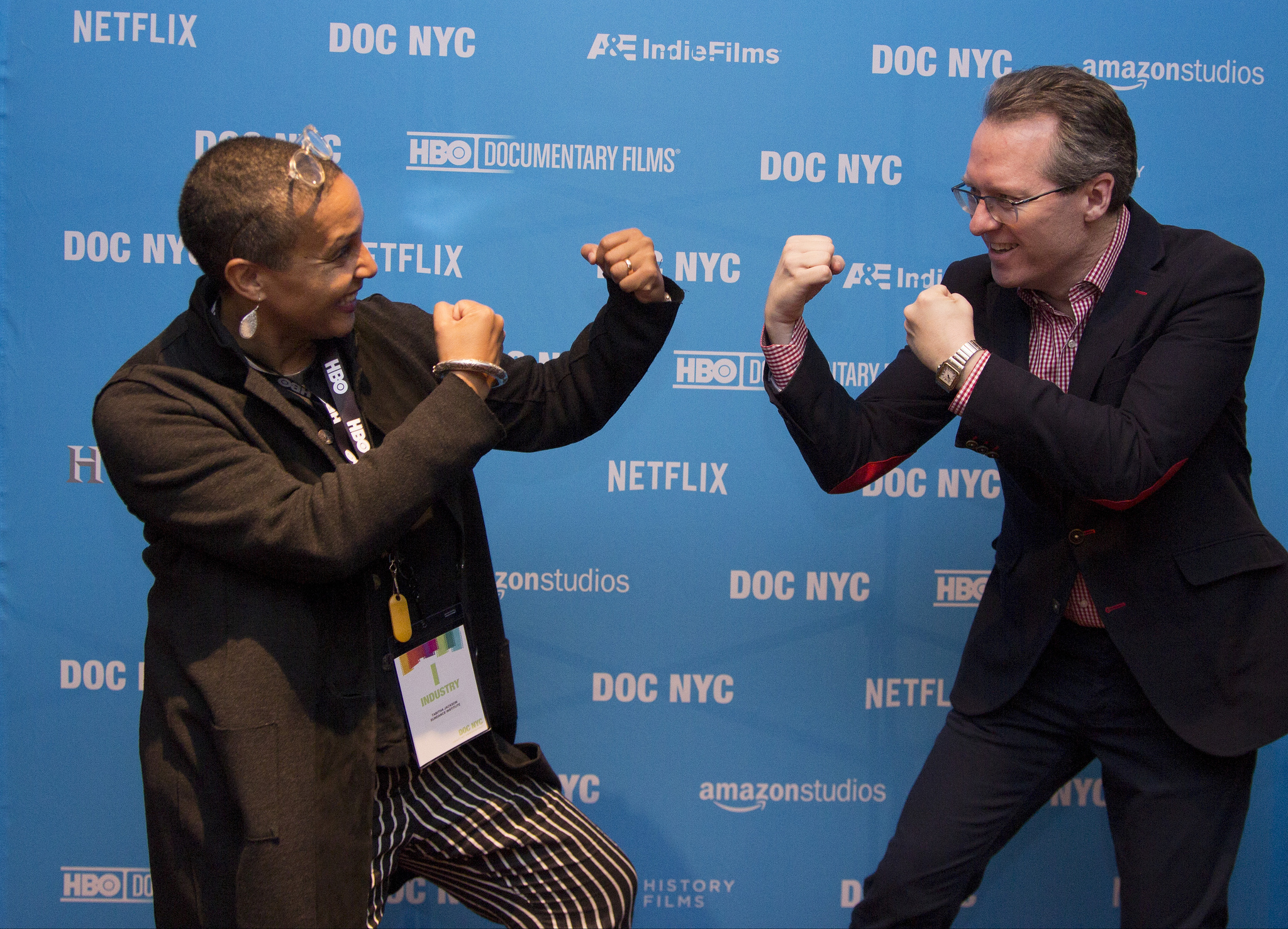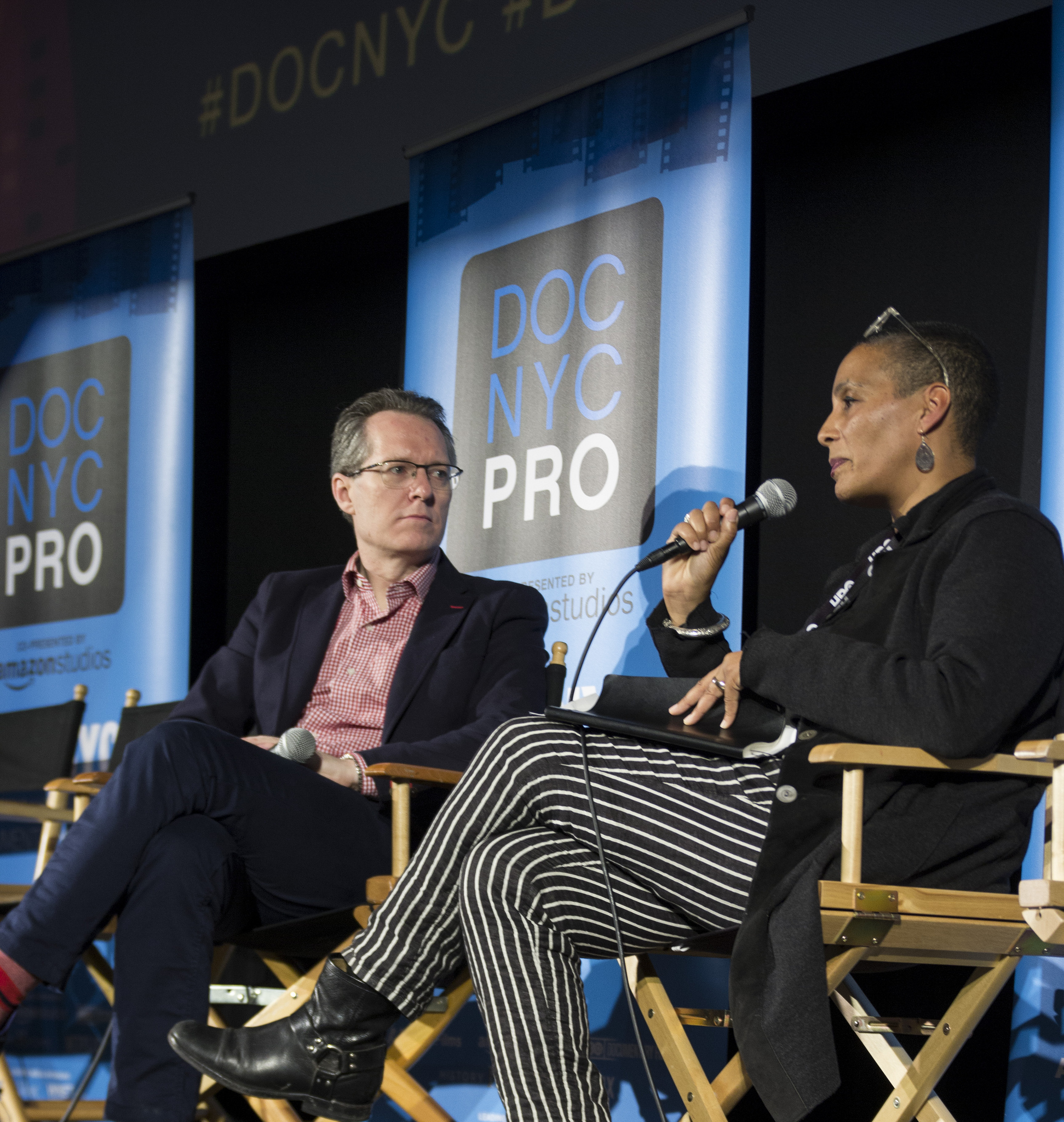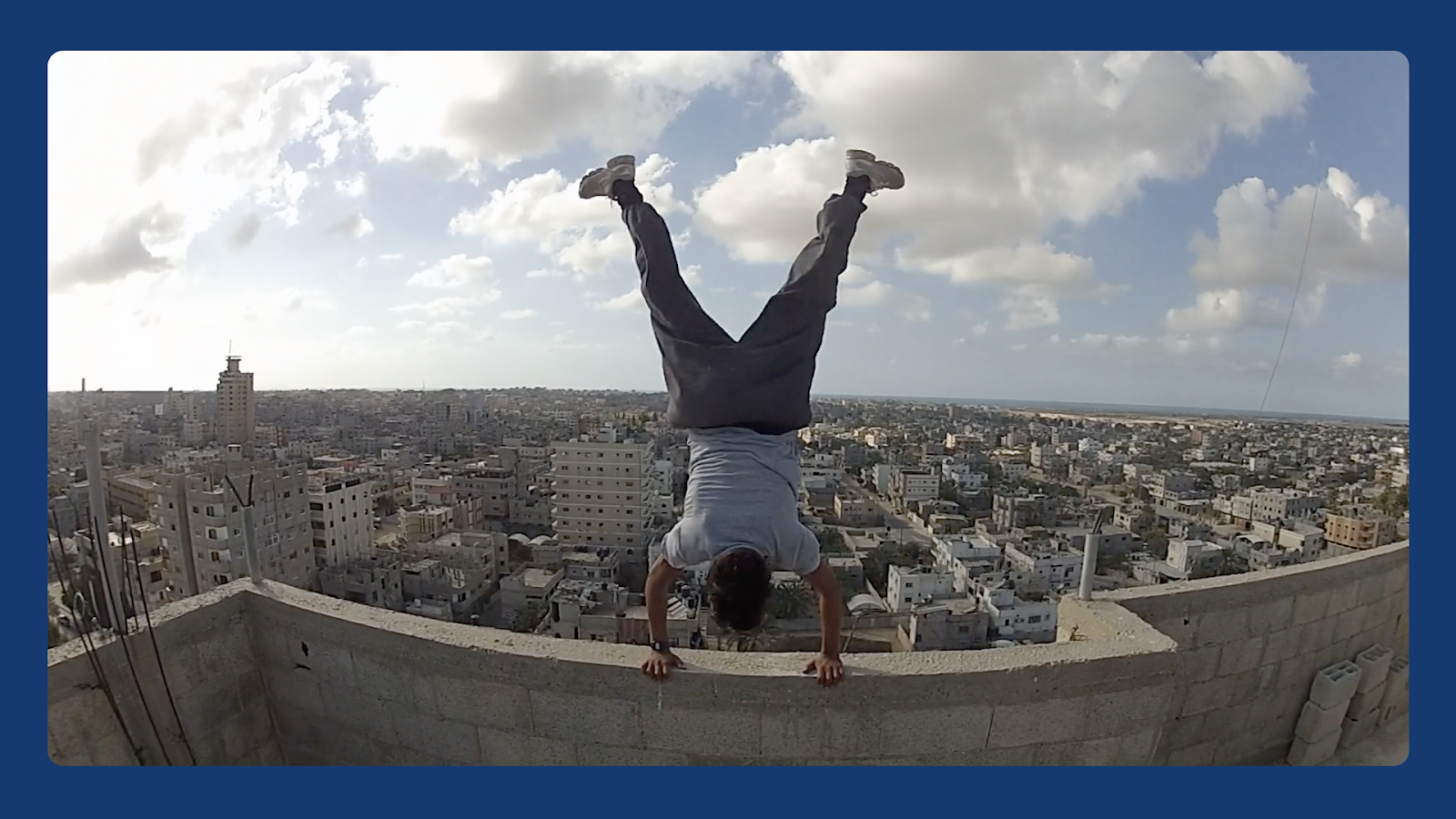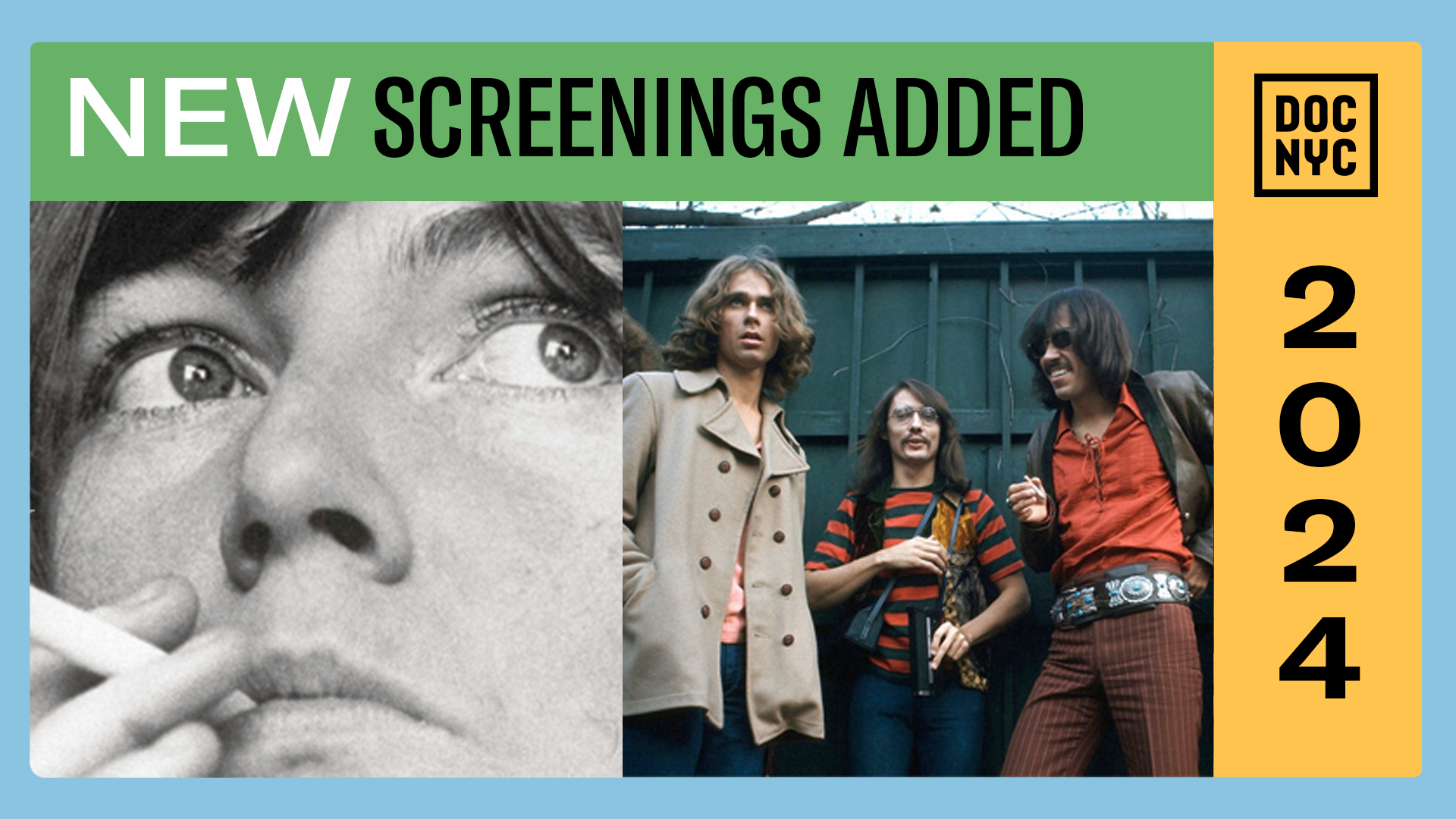Morning Manifesto on Perfecting Your Pitch at DOC NYC PRO Sundance Institute’s Tabitha Jackson shares her thoughts on the contemporary documentary landscape.


Written by Nikki Krivanek
Looking to “shake things up” a little, Tabitha Jackson started off Day 5 of DOC NYC PRO “Pitch Perfect Day” with inspiring quotes and thought provoking questions.
During the Moring Manifesto (which she preferred to call a less gendered “festo”) Tabitha Jackson, Director of the Documentary Film Program at Sundance Institute sat down with DOC NYC Artistic Director Thom Powers to share her thoughts on the contemporary documentary landscape.
Tabitha’s opening message was a call to arms for filmmakers to serve as the keepers and defenders of truth, now more than ever. She began the session playing a video clip of the speech President John F. Kennedy gave in eulogy of Robert Frost in 1963. The speech delineates the relationship of the artist to those in power and the responsibility of the artist to hold those in power accountable.
“The artist, however faithful to his personal vision of reality, becomes the last champion of the individual mind and sensibility against an intrusive society and an officious state…” JFK (1963)
Tabitha also provided insight into internal reflections happening at the Sundance Institute and what is next for the organization. She said that the Institute considers itself a progressive organization. However, motivated by the current political climate, the Sundance Institute is looking at what it means to embrace progressive values. The organization’s internal evaluation involves ensuring that they are inclusive of all voices, even those artists who create content that isn’t considered progressive in nature and asking – what gap does that leave in the non-fiction landscape?
One of the major goals of the Sundance Institute has been to create an interdependent documentary community. Tabitha briefly highlighted some recent initiatives the Institute has been involved with including fostering partnerships with the professional producer community, as well as creating a dialogue between funders and filmmakers. One result of this dialogue is an app designed to streamline and standardize the grant application process through the Documentary Core Application Project.
Another recent project is a collaboration with the Doc Society developing protocols for Safety and Security to help filmmakers “build capacity to keep themselves, their work and their subjects safe.”
Wrapping up Tabitha shared her insights into “What it means to be independent?” She outlined 5 capacities the Independent Filmmaker has: seeing, hearing, imagining, caring and making meaning (instead of just storytelling). She emphasized the importance of this last capacity because sometimes “story can be the enemy to accuracy because it’s hard to make everything wrap up.” Siting films that successfully depart from the typical narrative form (Cameraperson, I am Not Your Negro, and Faces, Places) she advises that non-fiction language needs to expand to “fit the complexity of emotion.”


